Directions for Making a Chinese Herbal Decoction
Chinese Herbal Medicine Preparation
Chinese Herbal Decoctions are essentially medicinal herbal teas, in which various herbs such as leaves, roots, berries, or minerals, are soaked in water and then boiled to extract the therapeutic active constituents. Herbs are a very complicated and effective form of medicine, and many individual herbs call for specific cooking times and instructions. In this article, I have outlined how to make a Chinese Herbal Decoction. Still, please follow any instructions given to you by your healthcare practitioner or herbalist for more specific instructions.

The best type of pot to use while cooking herbs is ceramic, glass (pyrex), or porcelain, yet while not preferred stainless steel will work as well, make sure you have a lid that fits well too. It is best to avoid materials such as aluminum, cast iron, and Teflon, as these materials can interact and alter the properties of the formula.
Herbal teas and decoctions should be drank warm, or at room temperature, never straight out of the fridge or microwaved. Herbs are best taken a few hours before eating unless otherwise specified. Certain formulas, such as ones that help promote sleep or calm the Shen are best taken 1-2 hours before bedtime.
Basics of Herbal Decoction Preparation
Preferred cooking pot materials for herbs:
- Ceramic
- Glass (pyrex)
- Porcelain
- Stainless steel (not preferred but acceptable
Avoid using materials like:
- Aluminum
- Cast iron
- Teflon
Herbal decoction consumption guidelines:
- Drink warm or at room temperature
- Avoid consuming straight from the fridge or microwaving
Best timing for herb consumption:
- Generally, take herbs a few hours before eating
- Special cases (e.g., formulas for sleep or calming the Shen) Best taken 1-2 hours before bedtime
How to Make an Herbal Decoction
Soak- Place all content into your sauce pot, and cover with room temperature filtered water about 2 inches above herbs. Allow these herbs to soak for at least one hour, or as long as overnight.
Boil and Simmer- Bring the water to a boil, cover, and then turn down the heat to a low simmer. The cooking time is specific to the herbs/formula you are working with, but as a general guideline, the average time is about 30 minutes. Leave the lid closed while cooking to preserve the aromatic quality and volatile oils.
*Tonifying herbs tend to be cooked longer, around 45 minutes, and aromatic herbs need a shorter cooking time like 5-10 minutes. If you are using herbs with varying properties within one decoction, make sure to follow instructions on when to add them.
Strain- This first batch of “tea” is then strained out from the herbs after they cool slightly and placed into a glass jar, mason jars work great for this. The decoction can be strained through a metal strainer or cheesecloth.
Reboil and Simmer- Refill the pot with water covering the herbs about 2 inches and repeat the above instructions. This allows to extract the full potency of the herbs. Combine these two batches after the decoction cools.
Drink- The flavor of the herbs is a very important part of its medicinal qualities, even though sometimes it may be quite strong or unusual. Decoctions can be watered down slightly to help, or honey may be added to certain formulas. Honey will change the flavor and might alter the properties of the formula so remember to check in with your herbalist or Chinese medicine practitioner about this change.
* Please note that some herbs may be labeled, as short/long cook. If certain herbs are labeled as long(pre) cooked, please follow these instructions for them first before adding in other herbs.

Please remember to listen to all instructions given by your healthcare practitioner when preparing herbs. This is just a guideline. Herbs are very powerful and need special attention. Please do not hesitate to ask if you have any questions for me.
Discover how acupuncture can calm your mind, balance your body, and support lasting relief from anxiety. Learn what to expect in a session, how it works, and why more people are turning to this natural solution for modern-day stress.
Read along for some simple tips to align with the Springtime.
This article explains the Liver Organ System in Chinese Medicine.. and goes into detail about its functions and importance upon governing the smooth flow of Qi, and hence overall well-being.
This article explains the importance of the fascial network and ways to access it for better health.
This article explains how to perform moxa safely at home.
Intro to Red Light Therapy (RLT) and its benefits when used in conjunction with acupuncture.
This article explores the mind-body connection in Chinese Medicine, a concept known as the Shen. It helps explains the 5 aspects of the Shen and their links to Organ Systems and meridians.
Product Review of Dose for your Liver, a tasty herbal elixir.
Traveling the world with children is such a rewarding experience, albeit sometimes stressful. Being prepared with natural remedies and a proper first aid kit is essential!
In this article, we dive into the essence of the San Jiao and its significance as three distinct divisions, and one complete system, of the body.
This article explores what Chinese Medicine teaches us about aging gracefully, and the important role of food, herbs, and exercise in maintaining vitality and well-being as we age.
Spleen Qi Deficiency is a very common imbalance in Chinese Medicine. This article explains what that means, and what to do about it. It offers lifestyle suggestions as well as food choices, while giving an extensive overview of the theory attached from TCM.
The Stomach Bug can be quick and dirty. Here are some natural options to help soothe.
The Elimination diet is the “gold standard” when it comes to figuring out food sensitivities. This 3-5 week protocol can help you make individualized health choices to optimize your digestive function.
Looking for ways to incorporate herbs into your daily life? This article gives some of the most common, and delicious, food grade herbs to help improve your health and your cooking!
Discover how Traditional Chinese Medicine uses tongue diagnosis to reveal imbalances in Qi, Blood, and Organ health.
Cupping therapy is an amazing and feel-good modality that can help a wide variety of aliments. Read on to learn more.
The Large Intestine is an important Organ System of the Metal element in TCM. Read on to learn more about its significance and role in keeping you healthy and balanced.
This delicious snack is vegan, paleo, gluten-free, and AMAZING! It is very versatile and full of protein to keep you energized and feeling good! Check out this article for an easy recipe.
Explore ways to make your bath more ritualistic and healing through herbs, salts, and scents.
In this article, we will explore how natural medicine techniques, herbs, and Chinese medicine can be incredibly useful for children's health.
NORA tea, a popular herbal blend of Nettles, Oatstraw, Red Raspberry Leaf, and Alfalfa, offers unique benefits, making this tea an ideal choice for late-term pregnancy and postpartum recovery.
This article explores the nutritional principles of TCM and how they can be applied to support fertility naturally.
Facial cupping is a gentle, non-invasive technique that uses suction to improve circulation, boost collagen production, reduce puffiness, and promote a glowing complexion without leaving noticeable marks.
Seed Cycling is an easy and effective way help regulate your hormones and support a healthy menstrual cycle through diet and nutrition. Using the natural wisdom and innate properties of specific seeds and nutritional oils, we find more balance with in the menstrual cycle and hormones. This article is a guide to get started with helpful tips as well as a brief Chinese medicine outlook too!
🌿 Love What You See? Want It All? This bundle was made for you! 🌿
Get the ultimate herbal wellness collection in one beautifully curated package. This bundle includes:
✨ Essential Tastes Cookbook – Explore the Five Flavors of TCM through immune-boosting, nourishing recipes.
🥗 Spleen Qi Meal Planners – Two full weeks of meal plans (vegetarian and non-vegetarian) to support digestion and energy.
🫙 Herbal Pantry for Everyday Wellness – Learn the top 10 must-have herbs and exactly how to use them at home.
Whether you’re just starting your herbal journey or deepening your practice, this bundle gives you the tools to nourish your body, mind, and spirit—season by season, meal by meal.
✨ Save big and empower your kitchen with centuries of wisdom—naturally. ✨
$70 value for only $45!
Incorporating herbal medicine into your routine doesn’t need to be complicated.
Start small.
Make a cup of tea. Stir herbs into your soup. Tune in to how you feel.
The beauty of herbal wellness lies in its simplicity and its ability to bring you back into relationship with nature, moment by moment.
Welcome to ✨ HERBAL PANTRY for EVERYDAY WELLNESS✨
This guide introduces the TOP 10 Herbs every budding herbalist needs in their pantry to help elevate your health!
Created by licensed acupuncturist and herbalist Lenore Cangeloso, this beautifully crafted ebook blends Traditional Chinese Medicine wisdom with modern, approachable recipes.
From calming teas to immune-boosting broths and beauty elixirs, you’ll learn how to bring the healing power of herbs into your daily life with ease and intention.
✨ Start your herbal journey today—naturally, simply, and rooted in tradition. ✨
Your Daily Dose of Herbal Concoctions
DRINK ME is your go-to guide for crafting nourishing, restorative, and delicious elixirs right from your kitchen.
🔥 Inside, You'll Discover:
✅ Easy-to-follow recipes for energy, immunity, digestion & relaxation
✅ The healing properties of herbs & how to combine them effectively
✅ Tips to make herbal infusions, decoctions, and tonics like a pro
💚 Whether you're a herbal enthusiast or just getting started, this ebook will help you create powerful, plant-based remedies to support your mind, body, and spirit.
📥 Grab your copy today and start sipping your way to wellness! 🥄🌸
👉 Download Now
Poor digestion got you down?
This weekly meal planner is focused on helping support your digestive system and boost your Spleen Qi.
7 days of meals, recipes and tips!
It comes designed in a PDF format for easy printing- so you can pop it on the fridge for inspiration, or take it to the market with you while you shop.
It comes stocked with:
🗓️ Easy-to-follow weekly meal planner with tasty suggestions for breakfast, lunch, dinner, and snacks each day of the week.
✔️ Grocery checklist
🌿 Helpful tips to help keep your tummy happy.
😋 Yummy recipes
This guide will get you off to the right start!
Check out the new Vegetarian Weekly Planner for another week of delicious recipes ( very easy to add some baked chicken or roasted salmon etc. to any of those recipes too!
🚨UPDATED WITH EVEN MORE DELICIOUS RECIPES!🚨
Boost Your Spleen Qi with Ease!
This weekly meal planner is your ultimate guide to nourishing your body and supporting your Spleen Qi with wholesome, vegetarian meals.
✨ What’s Included:
A Full Week of Meals: Holistic recipes for breakfast, lunch, dinner, and a daily snack.
Easy-to-Use PDF Format: Perfect for printing to place on your fridge or take to the market.
Helpful Tips and Inspiration: Stay motivated with handy hints and guidance.
Delicious Recipes: Enjoy a variety of meals that are both nourishing and satisfying.
Transform your meals into tools for better health and vitality—all while keeping it simple and vegetarian-friendly. 🌱
Skin Deep Beauty- Get Glowing, Radiant Skin with Traditional Chinese Medicine
A step-by-step guide to level up your skincare.
—
⭐️ Packed with information to make natural and informed choices
⭐️ Guides to guasha and other amazing techniques
⭐️ Yummy recipes to get glowing from the inside out
⭐️Easy fun recipes for natural skin care
⭐️Afirmmations and more!
This easy-read handbook is a complete guide to dealing with “Liver Qi Stagnation”. It explains what Liver Qi stagnation is and offers various ways to help…
🍵Simple Dietary Advice
☺️Easy Lifestyle Changes
💜Nourishing Self-Care Routines
🏃♀️Gentle exercises
and
📖Delicious Recipes
A nutritional guide that leads you into the importance of the Five Flavors, from the lens of traditional Chinese Medicine. This book also offers a few great recipes to help incorporate this theory into your life and kitchen!
This guide offers:
🌿In-depth explanation of the Five Favors from a TCM perspective and how they impact physiology and digestion.
❣️ Basics of TCM theory and nutritional outlook
😋 Yummy recipes for each flavor profile
🍂 Seasonal Eating Tips
🧘 Mindfulness Prompts
Hardcopy available via Amazon.
Prepare to embark on a transformative journey towards enhancing your fertility naturally with the nutritional outlook of Chinese Medicine. This book is the key to nurturing your body, and balancing your hormones.
🍲 Nutrient-rich recipes to nourish your body
🌱 Traditional Chinese Medicine wisdom for hormonal balance
💫 Tips to support your fertility journey
📖 Expert insights on holistic well-being
⭕️ Seed Cycling and more!
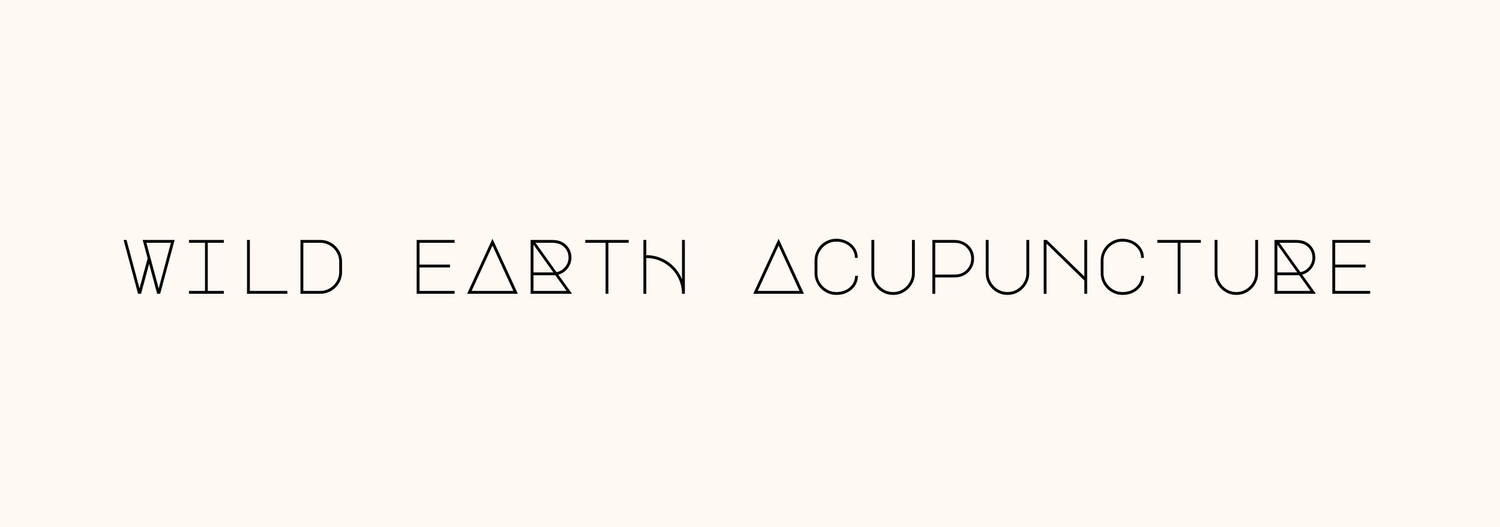



















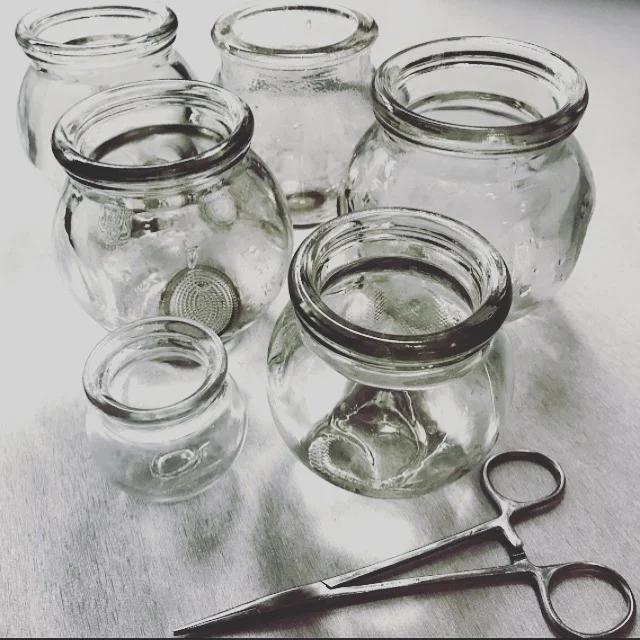

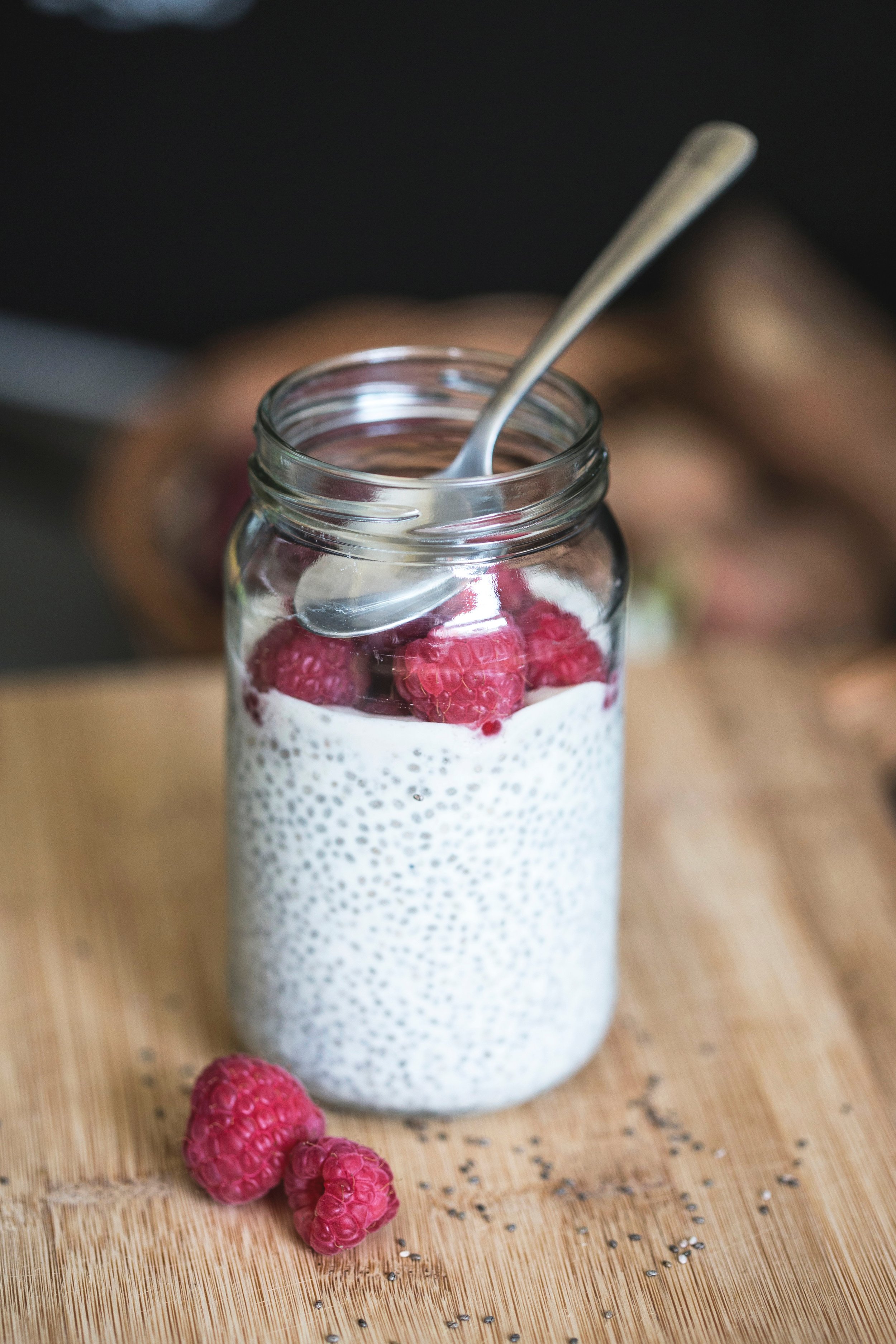





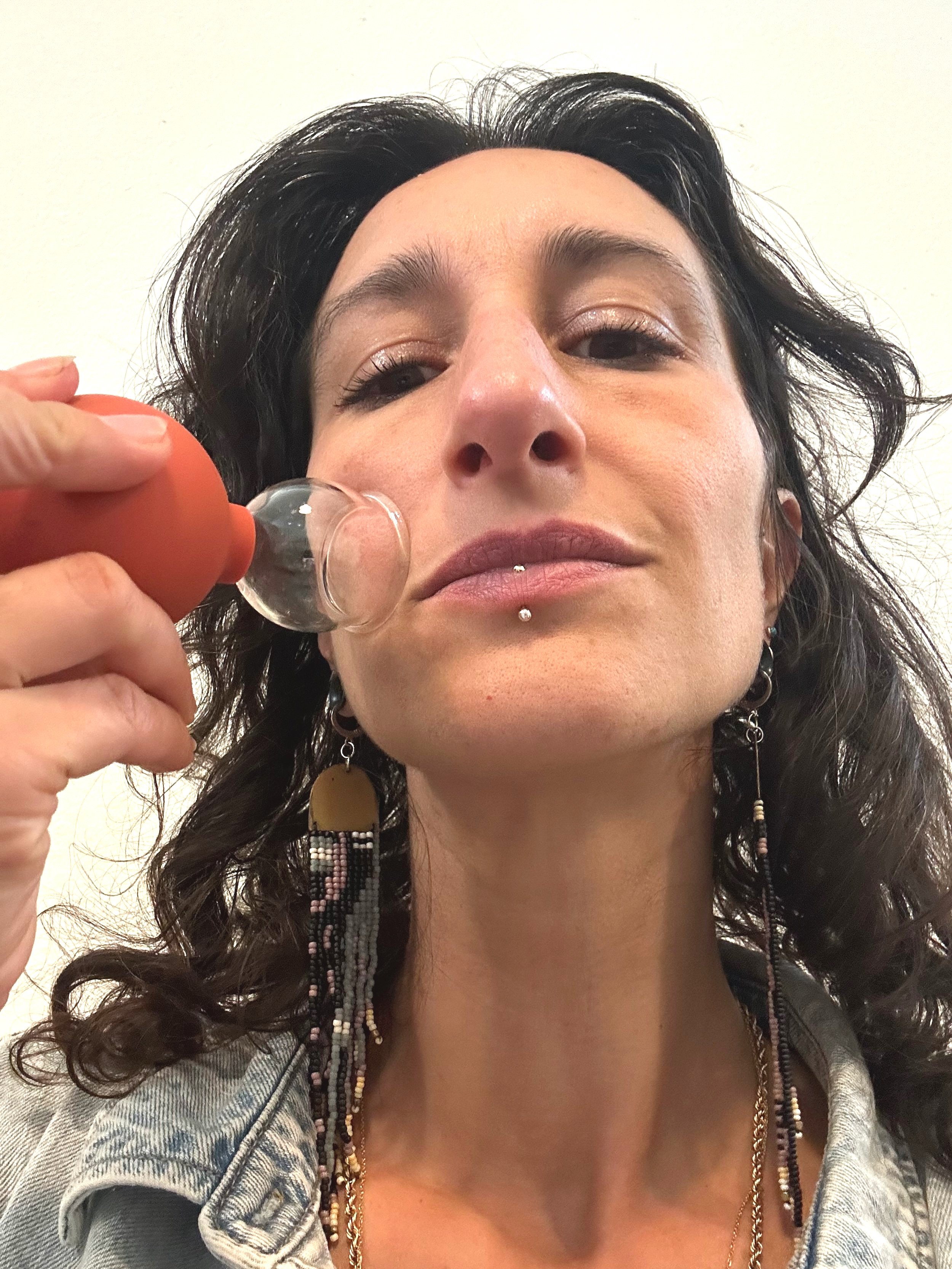

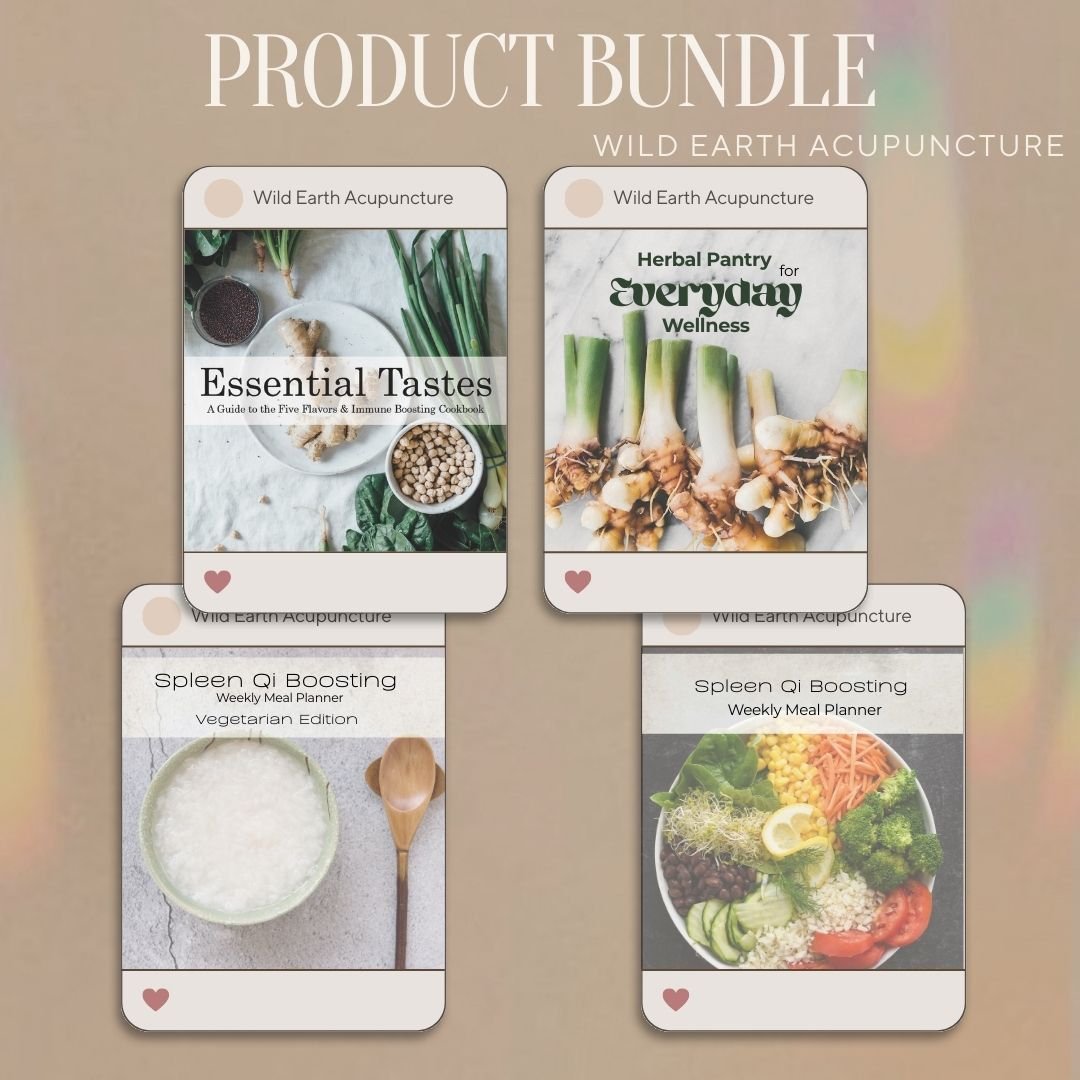

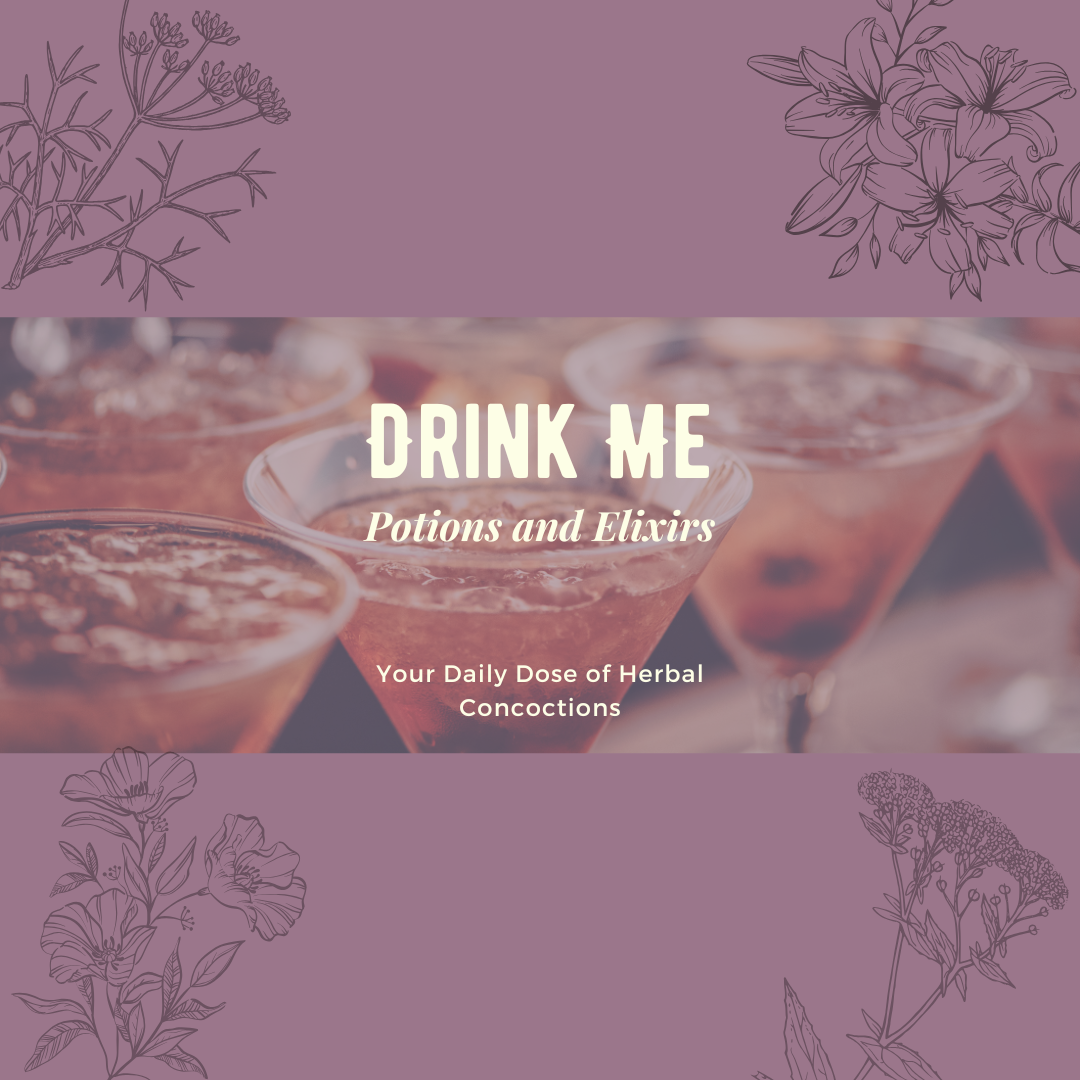
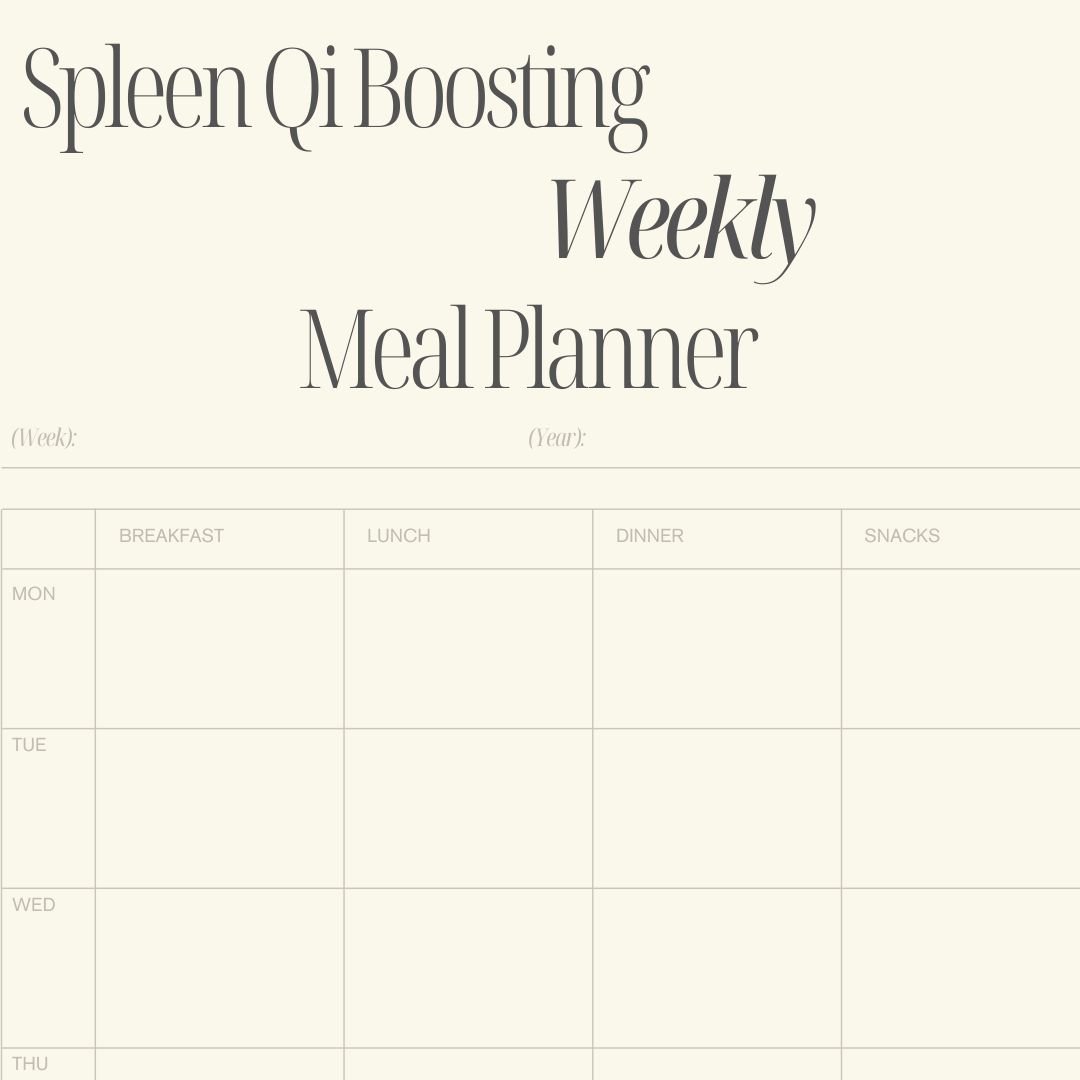





Learn about Kidney Yang Deficiency in Traditional Chinese Medicine, including signs, symptoms, food choices, and lifestyle tips to restore balance and vitality. Discover a warming recipe to support Kidney Yang health.